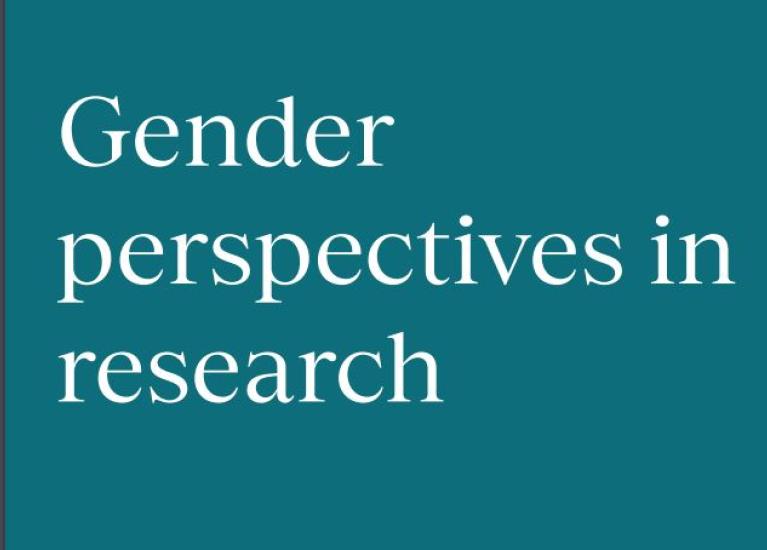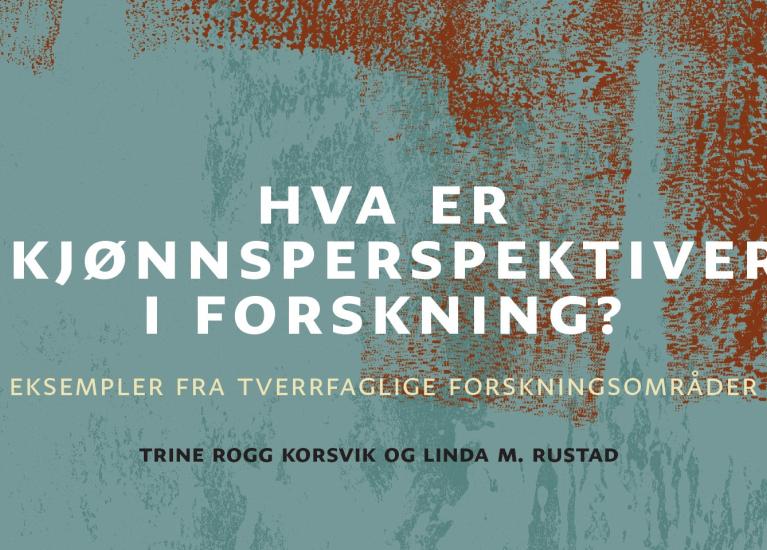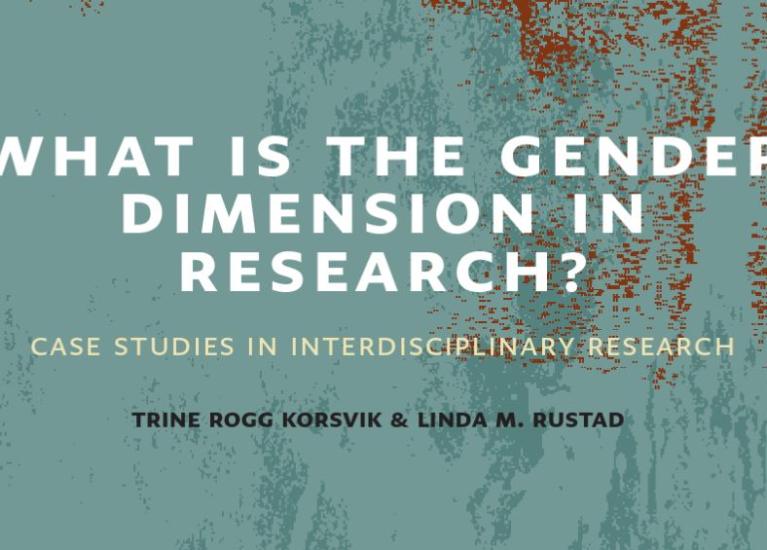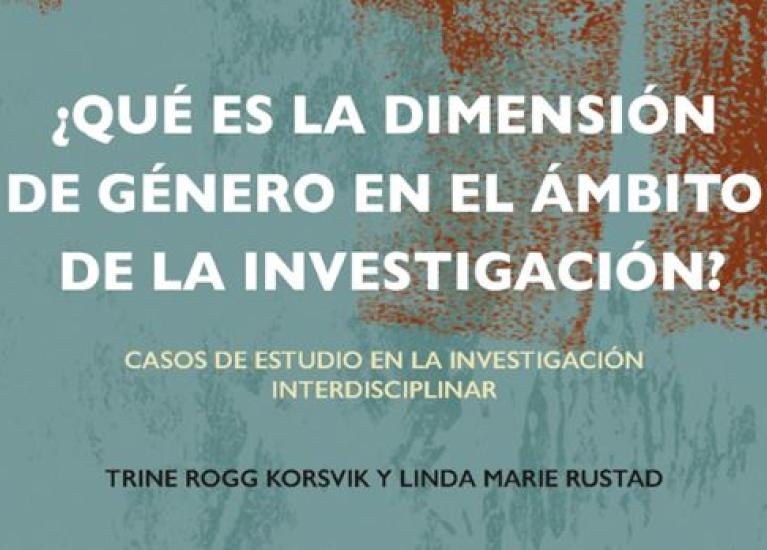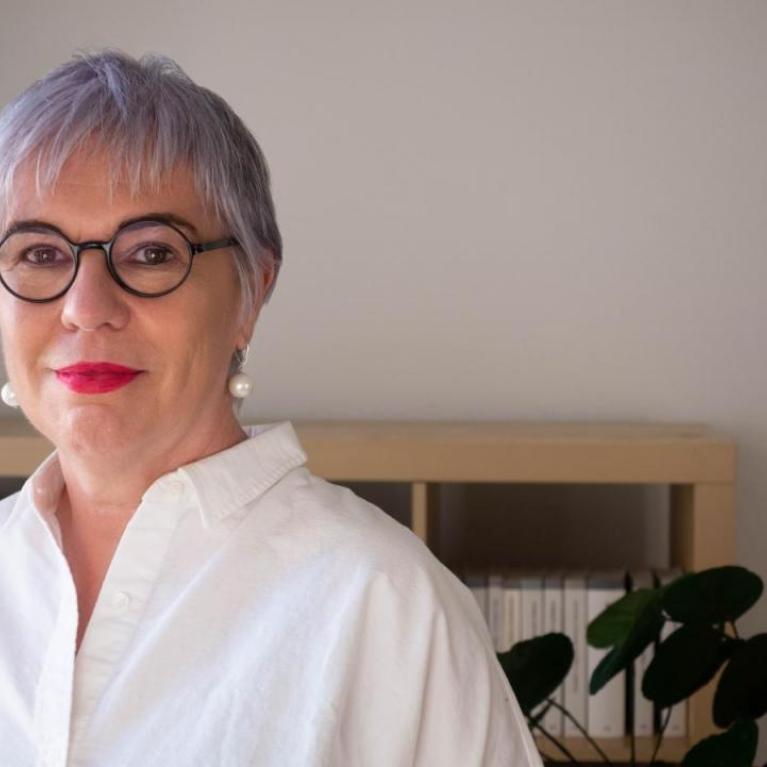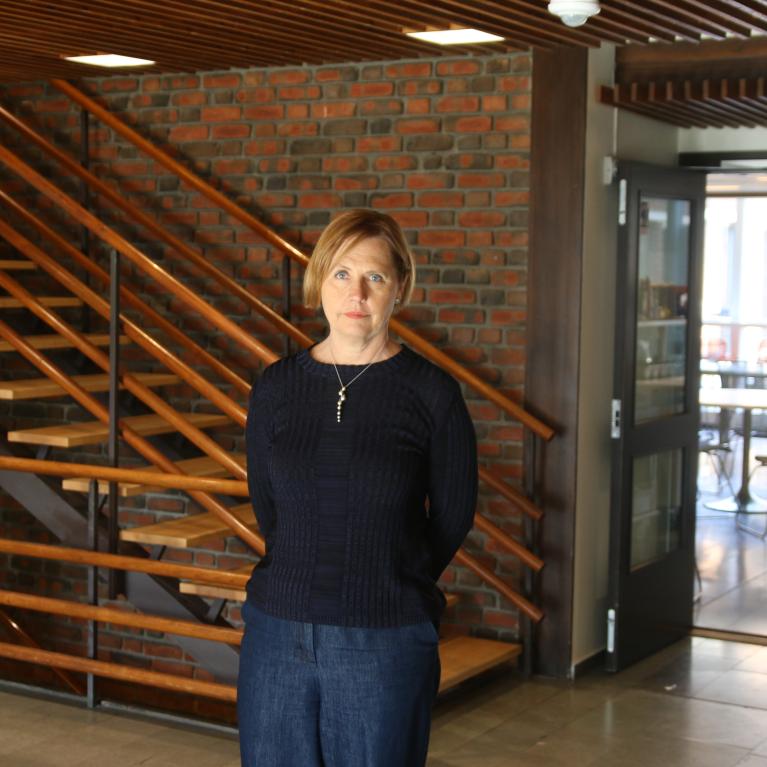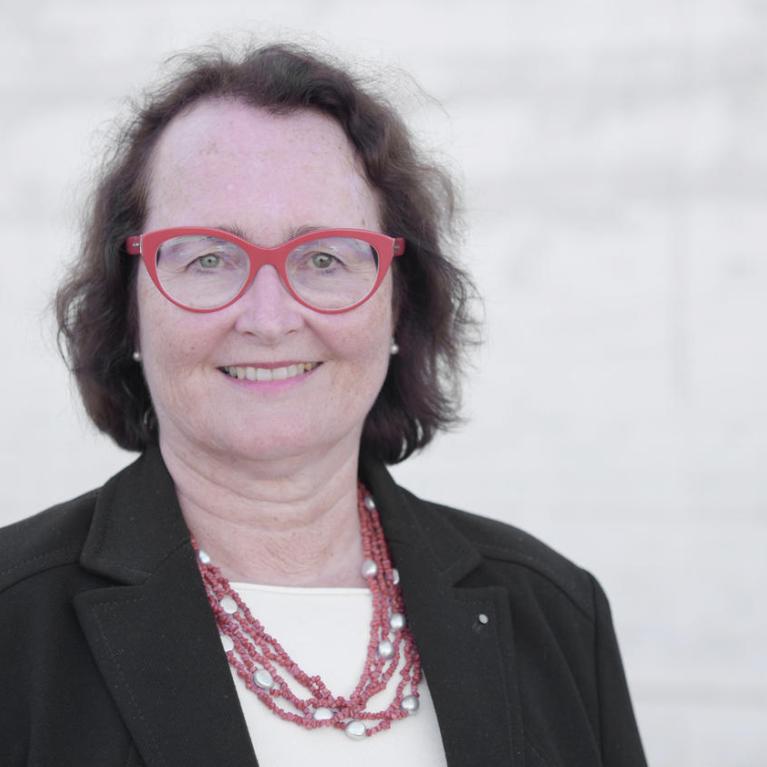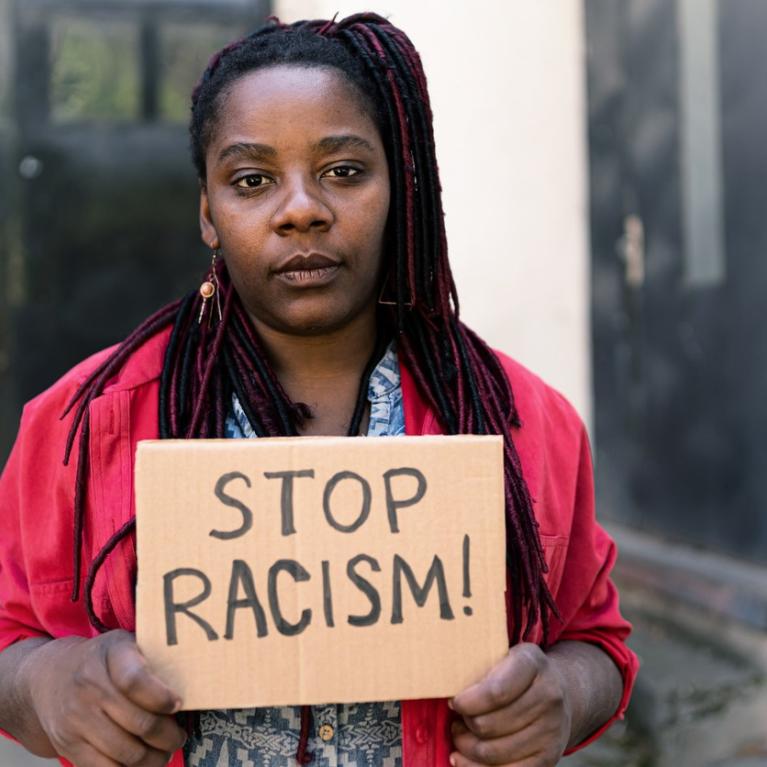How to integrate the gender dimension in research
Integrating a gender perspective in research concerns the content of research and how the gender dimension is dealt with in research designs and analyses. A gender perspective can provide new insights and more precise and valid research results, and can thus improve the quality of research and make it more relevant to society.
Kilden can contribute with knowledge on how to include a gender perspective in research with concrete examples, tips and ideas.
All applicants for research funding from Horizon Europe are required to state how they plan to address the gender dimension in their research projects, or the application will not be considered. The Research Council of Norway also encourages applicants to include a gender perspective in their applications where relevant.
Incorporating gender as a perspective implies that biological and social gender is reflected in research content, impacts and outcomes. An increasing number of studies show that the integration of diverse perspectives helps to increase creativity, scientific quality and social relevance.
(The Research Council of Norway's Policy for Gender Balance and Gender Perspectives in Research and Innovation)
There is no set answer to how to incorporate a gender perspective in research, as this end can be achieved through various theoretical and methodological approaches. Gender perspectives in research do not necessarily mean investigating gender differences, but rather how gender is a factor in different contexts. Investigating the significance of gender can make it easier to spot other social dimensions, such as the importance of income and level of education, class or status, age, ethnicity and where people live.
Kilden has extensive experience in this field through years of communicating and disseminating research that includes a gender perspective. We are happy to assist researchers, research administrators and others who are interested in learning more about gender perspectives in research and innovation. We give lectures, take part in panels and can provide workshops tailored to different groups of participants.


Do you want to know more about gender perspectives in research? Read about it in this article by Trine Rogg Korsvik og Linda Marie Rustad. The article was first published at forskningsetikk.no, an independant Norwegian research ethics magazine.
Article on gender perspectives in research
Booklet on gender perspectives in research
In 2018, Kilden published the booklet “What is the gender dimension in research? Case studies in interdisciplinary research”. The booklet takes the UN Sustainable Development Goals and other challenges facing society that research can help to resolve as its point of departure. It provides examples, tips and ideas on how a gender perspective can be included in research in areas such as health and well-being; food, agriculture, fisheries and the bioeconomy; energy; transport; environment and climate; and safe and inclusive societies. There is also a checklist or guide on how to begin to incorporate a gender perspective into research projects.
According to the European Commission, integrating the gender dimension involves questioning gender norms and stereotypes and investigating both genders’ needs, attitudes and behaviours. It enhances the societal relevance of the knowledge, technologies and innovations produced.
(European Commission 2014-2020)
The booklet is available in Norwegian, English and Spanish.
Hva er kjønnsperspektiver i forskning?
What is the gender dimension in research?
¿Qué es la dimensión de género en el ámbito de la investigación?
Kilden has also produced reports on whether or how the gender dimension is included in research on artificial intelligence and health research. These are in Norwegian only, but our report on artificial intelligence (AI) has an English summary.
What do we know about artificial intelligence and gender equality?
EU and the gender dimension in research
Integrating sex and gender analysis into research and innovation adds value to research and increases its societal relevance.
(Gendered Innovations 2, The European Commission)
Kilden has participated in several European projects that explore and promotes the gender dimension in research, including in areas where this perspective is relatively new, such as within the field of technology. We have been a partner in the Gender Equality Academy (2019-2021) and GENDER-NET Plus (2017-2022). Kilden also participates in the EU-funded project GENDERACTIONplus (2022-2025), which also deals with the gender dimension in research.
Chech out the recordings of webinars on gender perspectives in research organised by the GEacademy (via YouTube).
Former director of Kilden, Linda Marie Rustad, was also a member of the expert group Gendered Innovations, which was part of the EU research programme Horizon 2020’s SwafS programme. The result of the group's work was published in the report "How inclusive analysis contributes to research and innovation" (2020).
Read the report from the expert group.
Read the fact sheet from the expert group.
We have also taken part in GENDER-IN, a project financed by the European Economic Area. The project meant to enhance mutual learning process between scholars and researchers in Norway and Greece, on the integration of a gender perspective in research. This task is a requirement of the EU funding mechanisms with the view of improving the quality of research and its excellence. The project worked on the six different interdisciplinary research areas in Horizon Europe, by arranging webinars on the different topics.
Our news magazine
Kilden's news magazine communicates research with a gender perspective every week.
Cooperation with researchers
Kilden cooperated with researchers from different backgrounds to produce the manual “What is the gender dimension in research?” The people depicted in this photo from 2017 contributed examples from research along with dozens of other scientists.
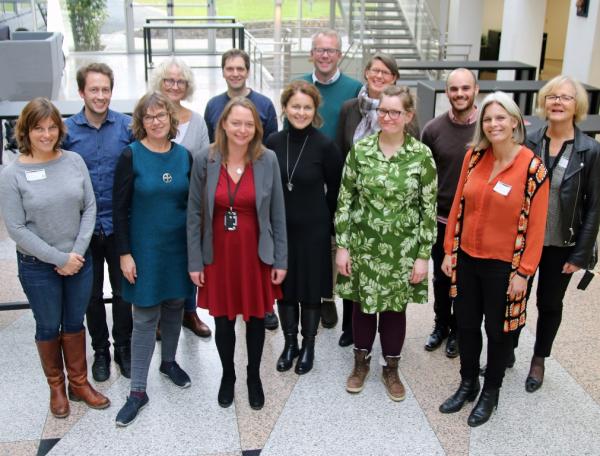
From the left: Astrid Sinnes (NMBU), Tomas Moe Skjølsvold (NTNU), Margrete Skår (NINA), Lise Christensen (Research Council), Marco Hirnstein (UiB), Trine Rogg Korsvik (Kilden), Torunn Tryggestad (PRIO), Bjarne Isaksen (UiT), Kristin Sørung Scharffscher (UiS), Aase Kristine Lundberg (Nordlandsforskning), Tomas Salem (observer from UiB), Anne Helene Kveim Lie (UiO) and Hanne Haavind (UiO). Jan Erik Grindheim (USN) and Linda M. Rustad were not present when the photo was taken. Photo: Mari Lilleslåtten, 2017.

